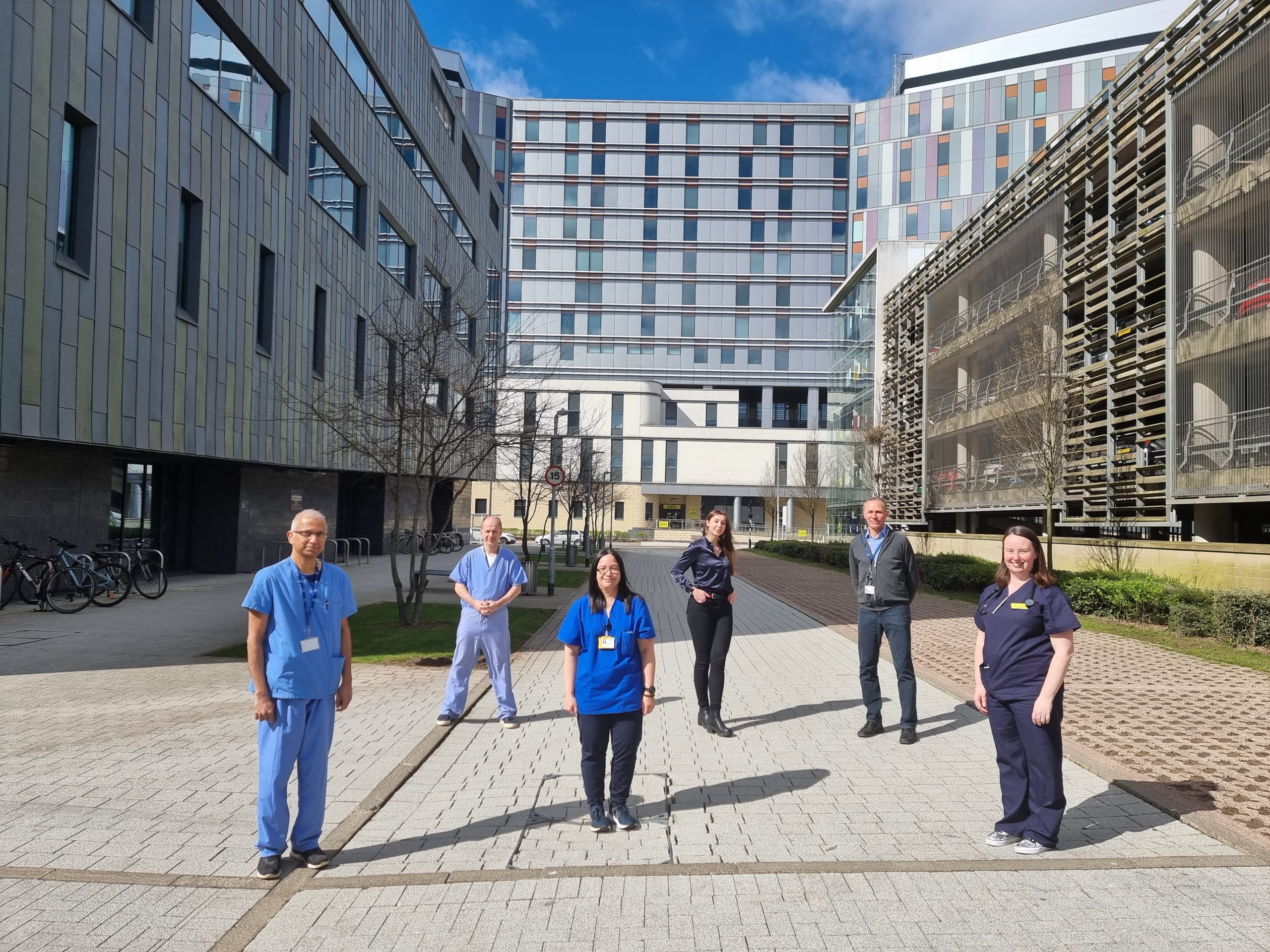By Jack Urquhart,
A RESEARCH project from the University of Glasgow has received crucial funding that will allow further research into the effects of COVID-19.
The project has has been granted £250,000 from national charity Heart Research UK to better understand the effects that COVID-19 infection has on blood vessels and blood pressure.
Research carried out by the University shows that people who are older, obese, or have existing health problems have a higher risk of developing severe COVID-19.

High blood pressure is a major risk factor for cardiovascular disease and is very common with more than one quarter of adults in the UK affected.
The virus causing COVID-19 enters the body’s cells through a receptor called ACE2 which is found in the lungs, heart, blood vessels, kidneys, liver, and bowel.
ACE2 is very important for maintaining many of the body’s important processes including blood pressure, inflammation, and wound healing.
With this new funding, the study led by Professor Sandosh Padmanabhan, Professor of Cardiovascular Genomics and Therapeutics, hopes to clear up some questions regarding COVID-19 and its effects.
The investigation hopes to see if High blood pressure makes the COVID-19 infection worse and if the COVID-19 infection makes high blood pressure worse.
It also hopes to see if the monitoring and management of high blood pressure needs to be a greater priority during the global pandemic.
The study will look at collected health records for people in the West of Scotland who attended hospital or had a positive test for COVID-19 between April 2020 and April 2021.
This will be compared to the records of patients who attended hospital during 2019, for another reason. They will also look in detail at a group of people with high blood pressure.
Professor Sandosh Padmanabhan said, “The current COVID-19 pandemic, caused by the SARS-CoV-2 virus, has exposed unexpected cardiovascular vulnerabilities at all stages of the disease.
In this project, we plan to generate valuable evidence that will inform hypertension management strategies and reduce cardiovascular risk for survivors of COVID-19.”
The professor and his team will also study a group of people that have recovered from COVID-19 infection by monitoring their blood pressure and tests of heart and blood vessel health.
These tests will be repeated after 12 and 18 months to see if there have been any changes. They will be compared to a group of people who have not had COVID-19.

Kate Bratt-Farrar, Chief Executive of Heart Research UK, said: “We are delighted to be supporting the work of Professor Padmanabhan and his team, who are conducting vital research into one of the biggest medical challenges the world has ever faced.
We have known for some time that those with pre-existing cardiovascular conditions are more susceptible to developing severe complications from COVID-19.
We hope that this research will help to explain why this is the case, reduce the risk for this vulnerable group and, ultimately, help to save more lives.”
Over the last 10 years, Heart Research UK has funded over £10.2m in medical research in hospitals and universities across the UK.
